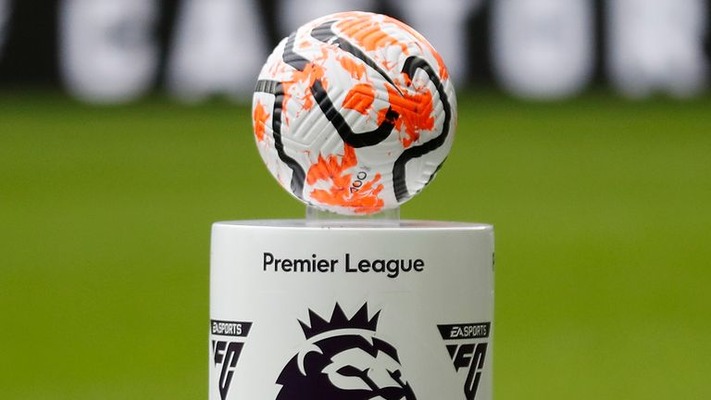Premier League clubs have agreed to implement a spending cap to bridge the financial gap between teams at the top and bottom of the league.
Premier League clubs will be limited to spending a multiple of money accrued in television rights by the lowest-earning club in the Premier League.
The Athletic reported “the anchoring” plan will be capped at five times the lowest earning side receives via the Premier League’s broadcast deals.
Official figures for last season show the bottom club, Southampton, were paid £104 million ($130 million) in TV money.
The Times said that clubs are expected to be assured that any cap would not cause any of them to reduce spending from their present level.
According to reports, at least 14 of the 20 Premier League clubs have backed the plan, although notable dissent has emerged from defending champions Manchester City, Manchester United, and Aston Villa, while Chelsea is reported to have abstained from the vote.
If ratified at the annual general meeting scheduled for June, this new model would supersede the controversial Profit and Sustainability Regulations (PSR) starting from the 2025-26 season.
PSR has seen clubs like Everton and Nottingham Forest docked points this season for breaching the rule, which limits clubs to losses of £105 million over three years.
The looming threat of exceeding this cap has led to a significant reduction in spending during the January transfer window.
Critics argue that a spending cap could compromise the Premier League’s status as the wealthiest and most popular football league globally.
Additionally, the Professional Footballers’ Association has voiced opposition to any measure imposing a “hard” cap on player wages.
Supporters of the cap point to increasing Champions League revenues for top teams and the financial muscle of state-backed clubs like Manchester City and Newcastle as reasons to limit spending and maintain competitive balance.
Moreover, Premier League clubs have already committed to adhering to UEFA’s upcoming financial fair play regulations from the 2025/26 season, which will restrict spending to 85 per cent of total revenue on wages, transfer fees, and agents’ commissions.
